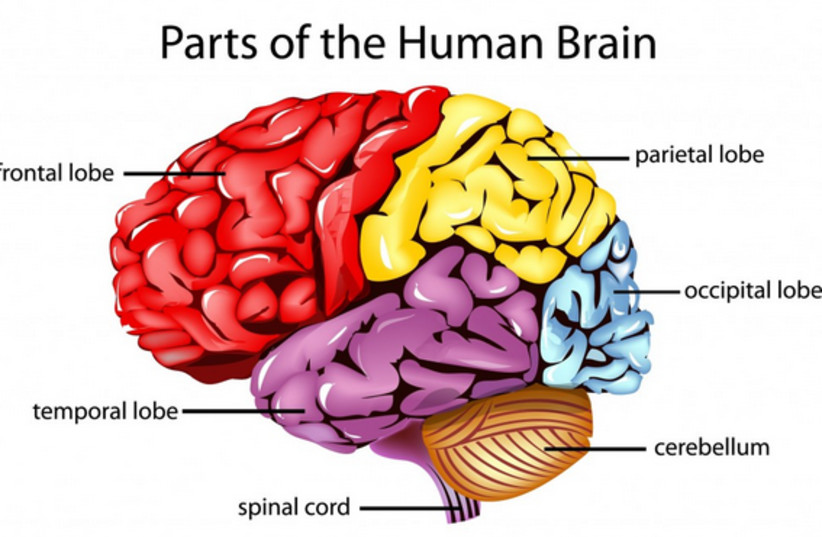Seven tips that reduce the risk of getting Alzheimer's

Alzheimer's has become one of the leading causes of death and it will only increase. Is it possible to stop this development and if so, how?
Alzheimer's is one of the most difficult health problems today, mainly due to the aging of the world population. Some studies speculate that it has become the third most common cause of death.
Have you ever thought about how much your lifestyle can affect the risk of developing Alzheimer's? A recently published study showed that even in people who have the highest genetic risk for Alzheimer's, there are seven habits that will reduce the risk of developing the disease.
This means that genetics don't necessarily determine your destiny. By adopting healthy habits you can greatly reduce your genetic risk and even eliminate it. So what should you do to reduce your risk of Alzheimer's?
Here are the seven tips
1. Make sure to be active and try to move as much as possible during the day. Physical activity improves cognitive function and lowers the risk of dementia.
2. Don't smoke. Smoking is a risk factor for many diseases, including Alzheimer's.
4. Be sure to regularly eat wild sea fish to provide yourself with enough omega-3 fatty acids; this improves brain function.
5. Make sure you sleep well. During sleep, the brain gets rid of unwanted substances. Think of it as dumping the garbage from the brain during sleep, so it's crucial to sleep well. Strive to sleep for at least eight hours every night. Make sure that your bed is comfortable, and that the room is dark and quiet.
6. Adopt ways to reduce stress, such as: deep breathing, meditation, walking or other activities outside, and yoga. In stressful situations, memory is impaired and brain function deteriorates, so it's important to properly manage stress.
7. Avoid exposure to toxic substances like plastic tableware, chemical cleaning agents, and non-organic food that contains pesticides.
Dr. Dalit Dreman-Medina is an expert in family medicine and integrative and functional medicine.
Jerusalem Post Store
`; document.getElementById("linkPremium").innerHTML = cont; var divWithLink = document.getElementById("premium-link"); if (divWithLink !== null && divWithLink !== 'undefined') { divWithLink.style.border = "solid 1px #cb0f3e"; divWithLink.style.textAlign = "center"; divWithLink.style.marginBottom = "15px"; divWithLink.style.marginTop = "15px"; divWithLink.style.width = "100%"; divWithLink.style.backgroundColor = "#122952"; divWithLink.style.color = "#ffffff"; divWithLink.style.lineHeight = "1.5"; } } (function (v, i) { });

